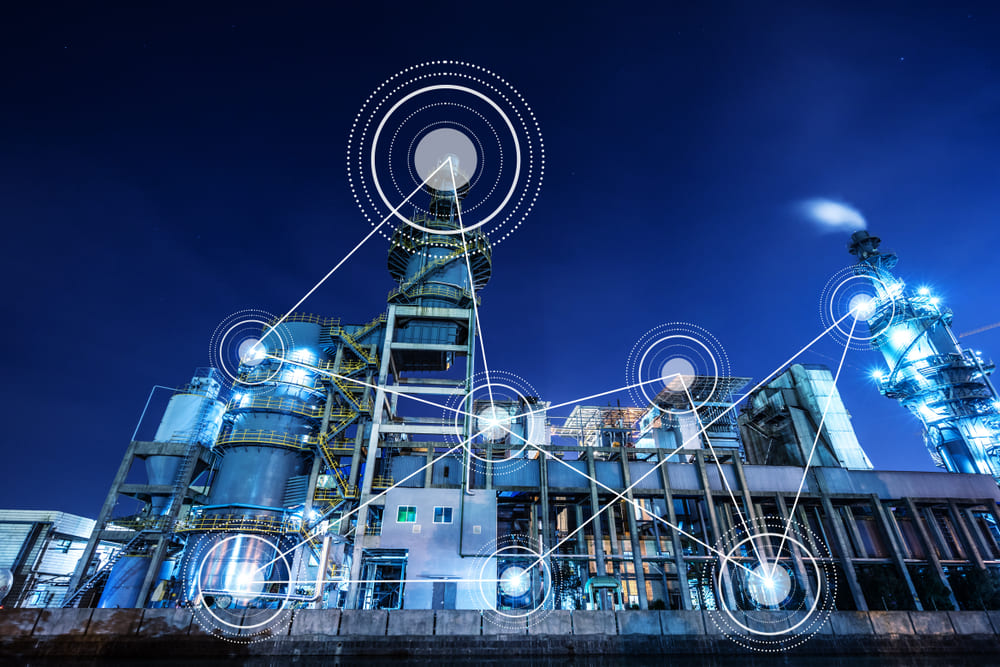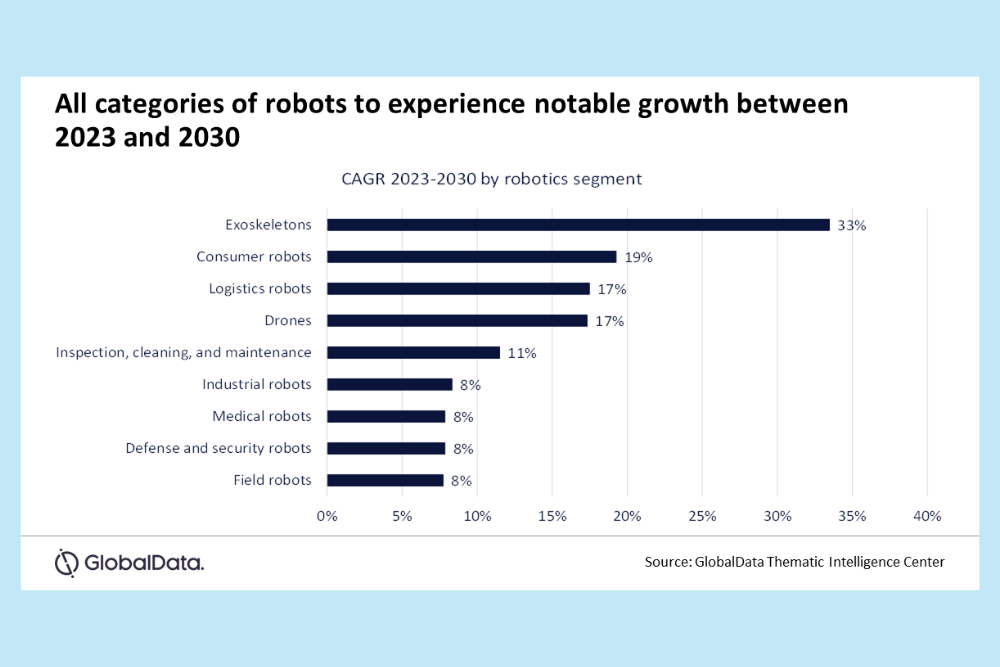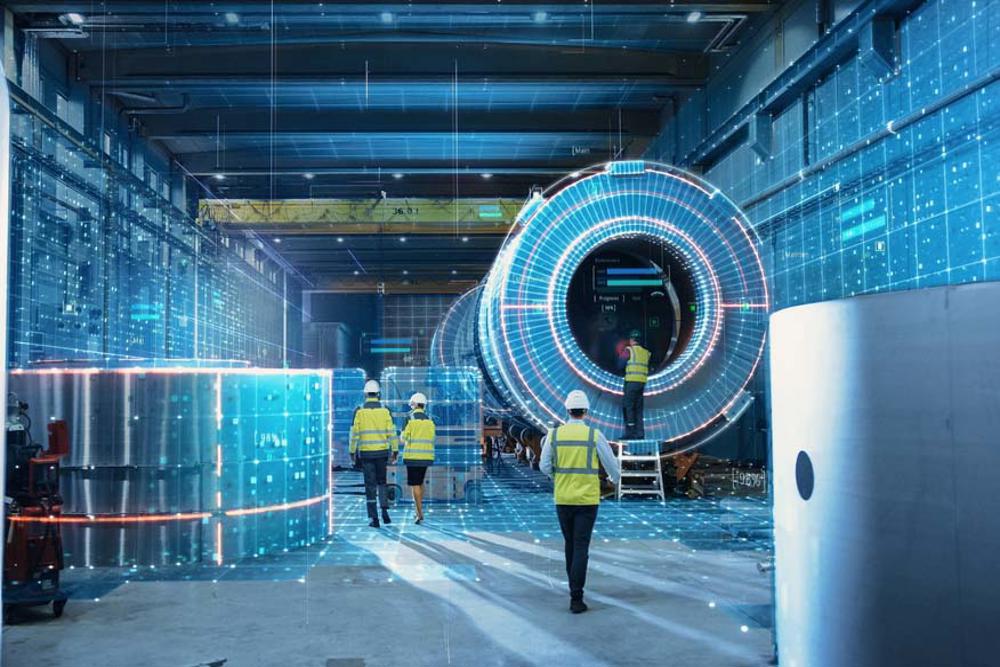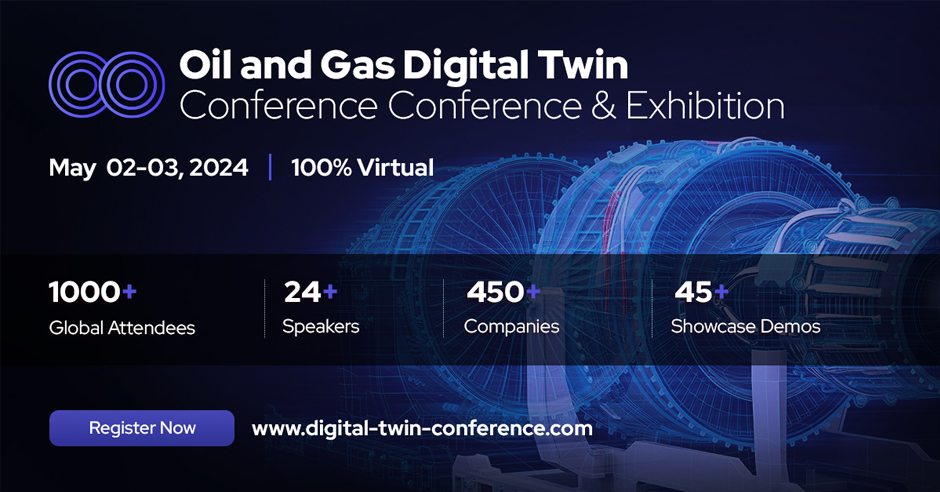
Artificial intelligence (AI) and robotics are spearheading transformative changes in the oil and gas sector, accelerating advancements in operational efficiency, safety, and environmental sustainability.
These technologies are reshaping approaches to exploration, production, refining, and logistics, ushering in a new era of innovation for enhanced productivity, efficiency, sustainability, and safety, according to a recent report by GlobalData.
Saurabh Daga, Project Manager for Disruptive Tech at GlobalData, emphasises the far-reaching impact of AI and robotics on the industry: “These technologies help us overcome challenges, from cost reduction to enhanced safety and sustainability, setting new benchmarks for efficiency and innovation.
“From autonomous operations, drilling optimisation, plant inspections, to fleet optimisation, they are transforming upstream, midstream, and downstream operations and pushing the envelope of efficiency and innovation.”
GlobalData’s Cognitive Energy: Transforming Oil & Gas with AI and Robotics report showcases over 50 real-world innovations in the sector, categorising them by their impact on various use cases.
The report also explores emerging areas such as generative AI and pipeline inspection robotics, providing practical industry examples.
Several major industry players are already leveraging these technologies to drive innovation.
SLB (formerly Schlumberger) has partnered with INEOS Energy to integrate AI capabilities through SLB’s Delfi digital platform, targeting enhanced operational performance and sustainable, low-carbon energy solutions.
Shell has initiated the implementation of generative AI technology for offshore oil drilling, collaborating with Texas-based AI startup SparkCognition to enhance deep-sea exploration and drilling capabilities.
In the realm of offshore inspections, Petrobras has partnered with robotics startup ANYbotics to automate asset inspection processes at offshore sites using ANYmal X robotic inspection units, improving efficiency and safety.
Meanwhile, Kawasaki Heavy Industries, in collaboration with TotalEnergies, has successfully tested an autonomous underwater vehicle (AUV) named SPICE for subsea pipeline inspections, addressing the growing demand for maintenance in offshore oil and gas fields.
Despite the promising advancements, the industry faces challenges in fully adopting these technologies.
Data integration, safety regulations, and the need for skilled labour require collaborative solutions and strategic investments in research and development.
As the oil and gas sector continues to evolve, AI and robotics are expected to play an increasingly crucial role across the entire value chain.
From upstream seismic analysis and real-time monitoring to predictive maintenance and autonomous refineries downstream, these technologies are poised to drive efficiency, sustainability, and innovation in the industry.
Overcoming the existing hurdles will be key to unlocking the full potential of AI and robotics-driven advancements in the oil and gas sector.







